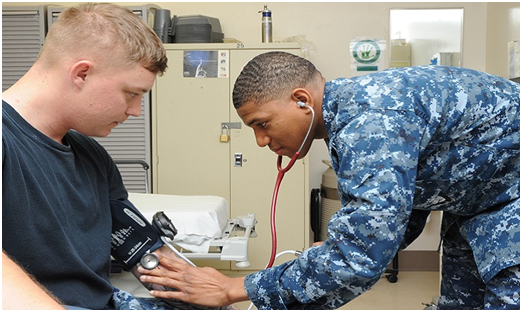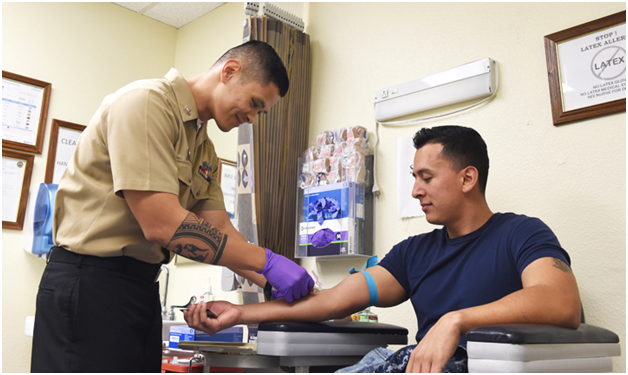The myths go on! Here are some more widely circulated non-truths about STIs.

STI testing hurts
The test often consists of simply supplying a sample of urine or blood to be tested. The doctor may look at your genitals for signs of infection, or may swab the genital region. Swabs might be uncomfortable for a few seconds, but you wouldn’t call it pain. Nobody judges you for having an STI test – it is a sensible health precaution and shows that you are looking after yourself.
You must pay for STI tests and treatment
Tests are free at sexual health clinics and many other NHS services, including GP surgeries. You can find out where to go for a test using the Family Planning Association’s Find a Clinic tool. The only time you may have to pay is when you need a prescription.
Also free are chlamydia testing kits in London, which you can obtain from providers such as www.bexleysexualhealth.org.
HIV only affects drug users and gay men
HIV is not dependent on your gender or sexual orientation, or whether this is your first time having sex or you have had many sexual partners. Anyone who is sexually active is at risk. Current estimates from the Terrence Higgins Trust are that 101,200 people in the UK have HIV and that 13,156 of these do not know they have it.
Left alone, STIs will heal themselves
Unfortunately, STIs are much more likely to start causing long-term damage. The longer you delay getting treatment, the more problems you may be storing up. All the time you are not being treated, you are probably passing the infection on to your partners. If you know that you have an STI, even if it is not causing any visible symptoms, you need to get it treated as soon as possible.

Once you have had an STI, you can’t get the same one again
Getting an STI is not like having a vaccination and does not protect you from getting the same STI again. Many STIs can be treated, but you are just as likely to get them again unless you take steps to protect yourself.
If you have had sex without a condom, the best idea is to get yourself tested.

